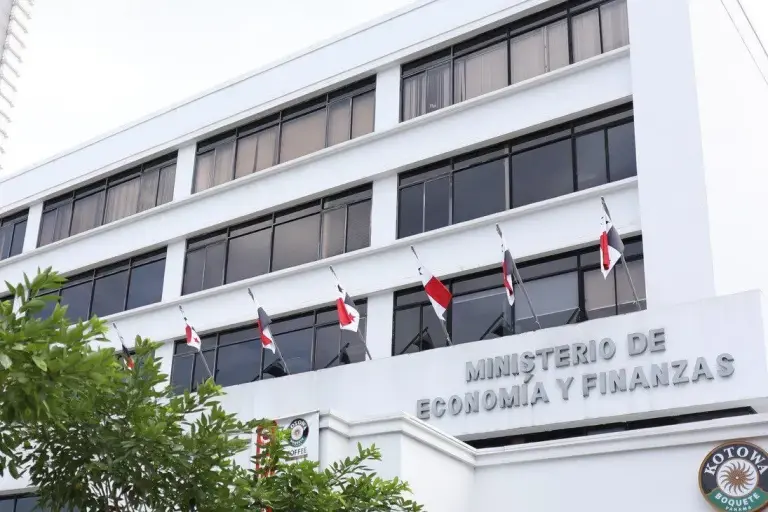PANAMA CITY, Panama – The Republic of Panama has secured a decisive victory in a high-stakes international investment arbitration case filed by the Spanish construction company Sacyr, S.A. The ruling, issued on October 31, 2025, by a tribunal operating under the United Nations Commission on International Trade Law (UNCITRAL) rules, rejected all of Sacyr’s multi-billion-dollar claims concerning the Panama Canal expansion project.
The dispute originated from Sacyr’s involvement in the design and construction of the Third Set of Locks project, a cornerstone of the canal’s expansion. Sacyr was a key member of the consortium Grupo Unidos por el Canal (GUPC), which was contracted by the Panama Canal Authority (ACP). In 2018, the Spanish firm initiated arbitration proceedings against Panama, claiming the ACP’s actions during the project’s bidding and execution phases violated a bilateral investment treaty between Panama and Spain.
Details of the Sacyr Claim and Tribunal’s Findings
Sacyr, S.A. had sought a staggering US$2.36 billion in its arbitration claim. The company alleged that the Panama Canal Authority breached the Agreement for the Promotion and Reciprocal Protection of Investments signed between the Kingdom of Spain and the Republic of Panama. The claims centered on actions taken by the ACP during the critical phases of the landmark infrastructure project.
In its award issued on Friday, the arbitral tribunal comprehensively dismissed all of Sacyr’s allegations. The panel found that the Spanish company failed to meet its burden of proof. Crucially, the tribunal determined that none of the ACP’s actions complained of by Sacyr could be attributed to the Republic of Panama itself as acts performed in the exercise of its sovereign power.
“The Tribunal found that Sacyr did not manage to prove its claims and, furthermore, that none of the actions of the ACP that were the subject of the complaint by the claimant can be attributed to Panama as acts carried out in the exercise of its sovereign power,” the award stated [Translated from Spanish].
The tribunal also provided an additional, decisive reason for its ruling. It emphasized that even if it had not dismissed the claims on their merits, it would have concluded they were inadmissible. The panel reasoned that the foundation of Sacyr’s case was based on contractual disputes, not on violations of the international investment treaty.
Financial Outcome and Legal Costs
In a significant financial outcome for the Panamanian state, the tribunal not only rejected Sacyr’s multi-billion-dollar demand but also ordered the company to reimburse Panama for a substantial portion of its legal costs. The award mandates Sacyr to pay the Republic of Panama the sum of US$6,391,831.66.
This payment covers the arbitration costs incurred by Panama, including legal fees and other expenses associated with the seven-year legal process. The cost award represents a complete legal vindication for Panama, which successfully defended itself against one of the largest investment claims in its recent history.
“The award orders Sacyr to pay the Republic of Panama the amount of US$6,391,831.66 for arbitration costs (including legal fees and process expenses),” the official release confirmed [Translated from Spanish].
The case was administered under the widely recognized UNCITRAL Arbitration Rules, a common framework for resolving international commercial disputes. The resolution of this long-running arbitration provides finality on the legal disputes stemming from the monumental canal expansion project, which was officially inaugurated in 2016 and has since significantly increased the waterway’s capacity and global shipping capabilities.
This legal victory reinforces the position of the Panama Canal Authority and the Panamanian government in managing one of the world’s most critical maritime corridors. It also sets an important precedent for how contractual disputes between states and foreign investors in major infrastructure projects are adjudicated under international law. For further context on international projects in Panama, information is available through the naciones unidas para development initiatives.



